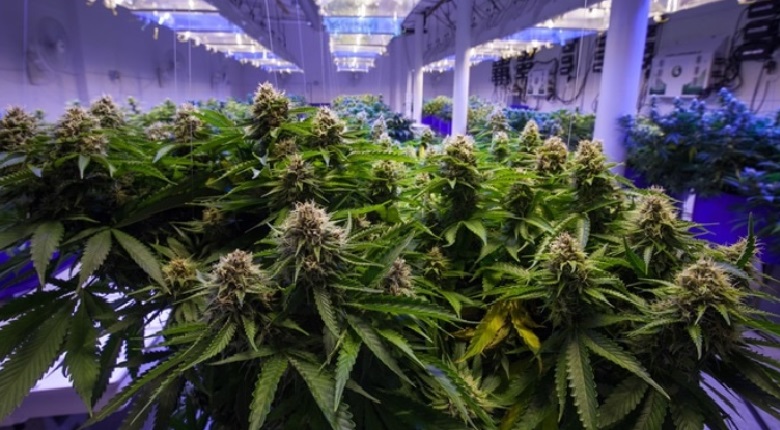A team of researchers from Oregon State University and Oregon Health and Science University discovered that 2 acids present in hemp were able to jam the gears of the virus that causes Covid-19. Point to be noted that hemp is a type of cannabis plant widely used in cloth, paper, and as a drug. The research suggested a chemical found in these cannabis plants that could help protect human cells against coronavirus infections. The study said the two compounds can bind onto the SARS-Cov-2 virus’ spike protein, which it uses to invade and commandeer human cells and which gives the coronavirus family its name. However, the compounds probably cannot be consumed via any of the traditional methods of taking cannabis as a drug.
It clearly indicates they would have to be harvested separately to make a specific medicine. The lead researcher Richard van Breemen of OSU’s Global Hemp Innovation Center said, “These cannabinoid acids are abundant in hemp and in many hemp extracts. They have no controlled substances like THC, the psychoactive ingredient in marijuana, and have a good safety profile in humans. And our research showed the hemp compounds were equally effective against variants of SARS-Cov-2″. The study was published on Monday in the peer-reviewed Journal of Natural Products. The researchers examined various plant extracts such as red clover, wild yam, hops, and licorice for potential affinity with the Covid-19 spike protein. However, the spike protein is a microscopic structure protruding from the body of the virus.
The spike protein features chemical receptor sites that have evolved to bind onto the outer parts of human cells. It can block them if another chemical binds to those receptors to make them useless. The two compounds that worked best were cannabigerolic acid, known as CBG-A, and cannabidiolic acid, known as CBD-A, and both precursors to the better-known chemicals in cannabis drugs. The former exists only while the cannabis plant is growing, while the latter is converted into CBD, one of the key ingredients in recreational and medicinal cannabis, through burning, vaping, or baking. The chemicals worked well against both the alpha and beta variants of coronavirus, raising the prospect that they might also function against Omicron and other mutations.
